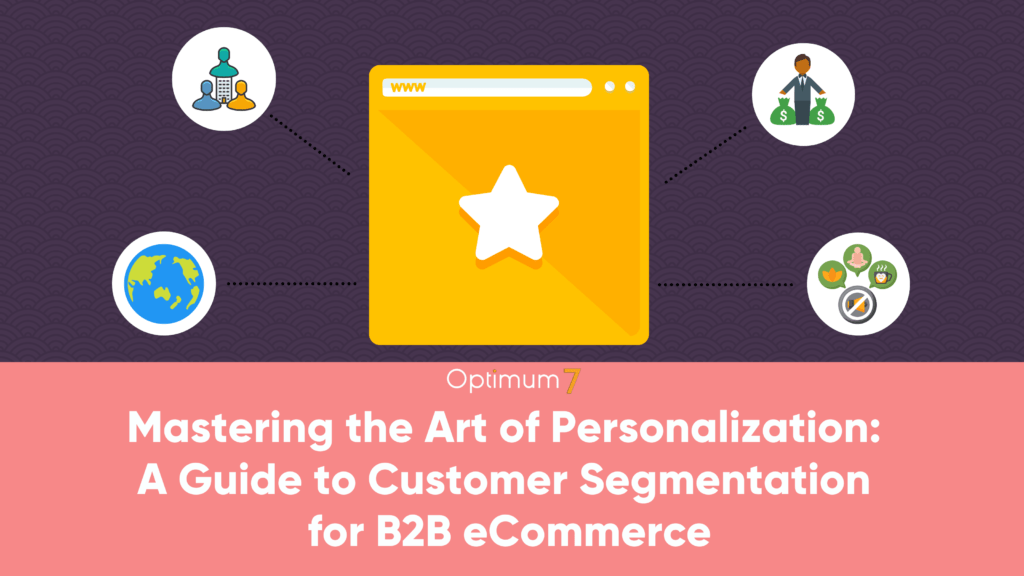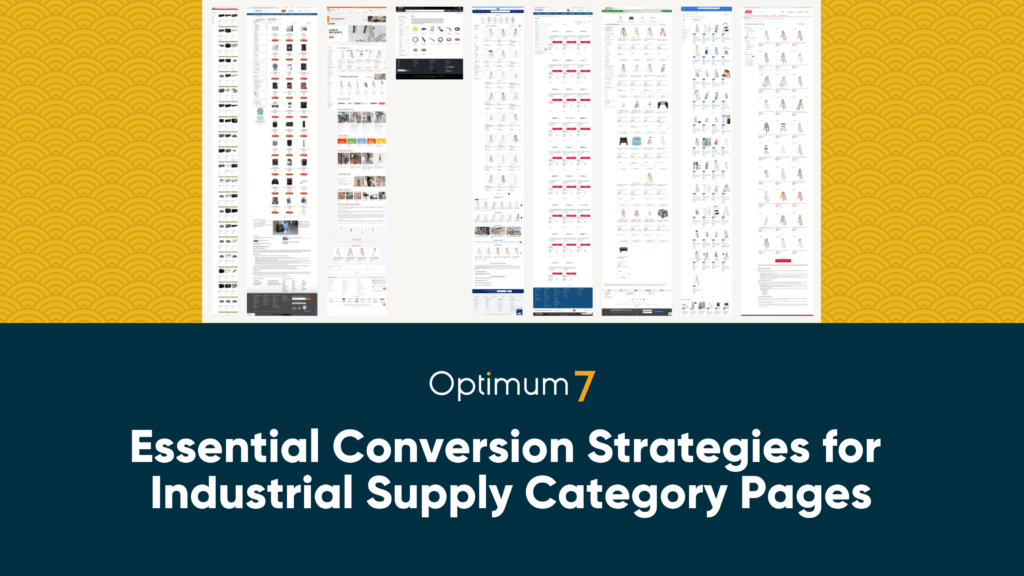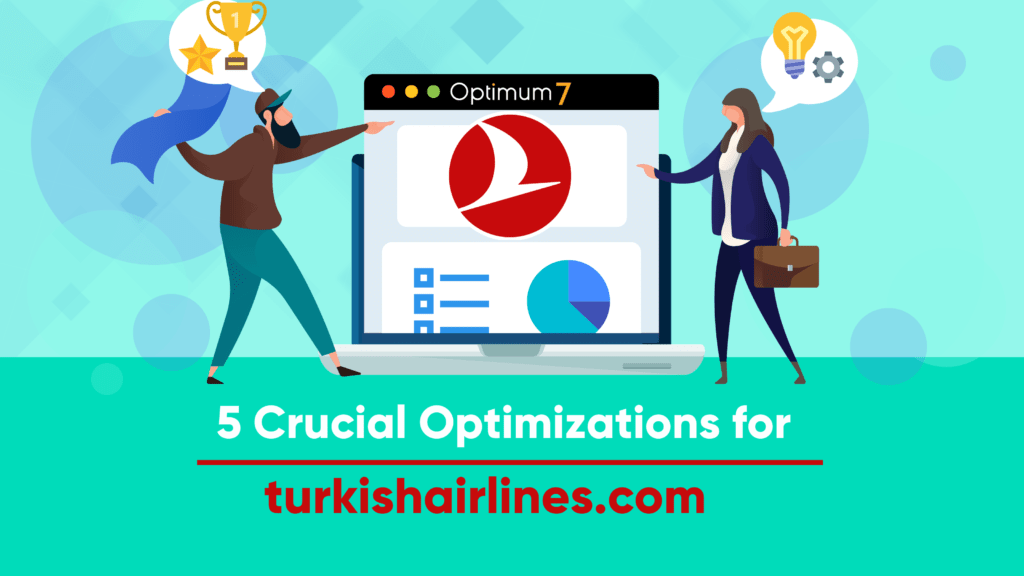The simultaneously loathed and revered landing page is probably the most important element of any digital lead generation campaign. A landing page can make or break whether someone bounces or submits their highly coveted personal information to you.
Getting clicks on your ads usually isn’t too difficult a task, but actually getting users to convert once they land on your landing page is. Here are 6 things you can implement on your landing pages to increase your conversion rates.
1) Shorten Your Form
This isn’t a one-size-fits-all rule. This is dependent on your offer and the platform on which your ads are running.
When adding fields to your form, stick to the bare minimum of information you need. People don’t want to feel like they’re giving their entire identity away to some random company on the Internet. As marketers, we love data, but we have to avoid overwhelming users at first glance by asking for too much too soon.
Your campaign objective should also factor in when designing your form. If you’re looking to increase newsletter subscriptions, a simple name and email form will suffice. If you’re looking to start a drip marketing campaign in which you feed users a steady stream of attractive follow-up emails, then a name and email would work fine too. If you’re advertising on a more expensive network with a better offer such as LinkedIn, asking for a phone number and website would probably be okay.
Most of the time, whether you’re offering a free piece of valuable content such as an ebook, whitepaper or template of some sort, name and email is all you should ask for. Generally, the more valuable your offer, the more information users will be willing to give in exchange for it.
Don’t despair! Eventually, you can direct users to a second landing page that asks for more information once you’ve gained a little more of their trust.
2) Design
Design your landing page so that the most critical information and the opt-in form appears above the fold. This means it will be immediately visible on page load and users won’t have to scroll before seeing either. When designing your landing page, keep the following in mind:
- The most important and relevant information for the user should be at the top of the landing page.
- Use flaticon.com for simple graphics that come in any size and color you want to spruce up your landing pages.
- The colors and images you use should represent your brand as well as your product or service.
- Your overall landing page color scheme should be similar to your website.
- Make sure not to place dark text on dark backgrounds or light text on light backgrounds. Text should stand out and be easy to read.
Image backgrounds can make your landing page pop, but don’t let them impede the readability of the text. To counter this, you can lower the opacity of the images or reduce their contrast in Photoshop. When in doubt, a simple solid color background never hurts.
Consider purchasing a drag-and-drop landing page creation tool such as Instapage or Unbounce. This way, you won’t have to involve your developers when creating landing pages, which will help speed up the landing page creation process. Both of these websites feature great templates if you don’t want to build your own from scratch.
Make sure to do a little competitive analysis and search for ads your competitors are running to see what their landing pages are like. Some of them might provide direction as to what you should be doing, design-wise.
If your competitor is much larger in size than your business, chances are the landing pages they are using have been endlessly split tested and have been found to perform the best over others. A further quick Google search for “landing page ideas” will yield a plethora of landing page inspiration.
3) Relevancy
Your landing page should be as relevant as possible to the ad that users clicked on to get there. This means taking advantage of dynamic keyword insertion to insert the user’s query onto the landing page.
Your landing page should also provide details about what your ad referenced or talked about. Include clear and easy-to-understand bullet points that tout the benefits of whatever service or product you’re offering. Then, follow up with more detailed but short paragraphs hitting all of the main points that make your service or product better than that of your competitor.
The more specific your landing page is to your ad, the better your conversion rates will be. It might be quicker to build one generic landing page for a category of related things, but it’s far better to have specific ads that go to a specific landing page.
It’s a good idea to coordinate key words, images and overall color schemes when designing your ad and landing pages.
4) Trust Builders
You need to foster a sense of trust and security for users that land on your landing pages. Consider switching your entire domain and landing pages to the HTTPS protocol if you haven’t already.
Include a small line of text below your form submit button that says something along the lines of “We hate spam.” If you want to be really open and transparent (a further trust builder), add a link to your privacy policy as well. Most users probably won’t click on it, but it might make them trust you just a little bit more.
If you’ve been featured on any notable publications or websites, insert their badge or logo on the landing page somewhere below the form. This section could be titled: “ACME CO. Has Been Featured In”. If your business belongs to any other organizations or groups that might be considered trustworthy, you can also add their badges to your landing page.
Adding testimonials and reviews can help as well; just make sure they’re genuine. Nothing scares people away faster than a testimonial that sounds like it’s from a “For Only $19.95” TV commercial.
Just remember to never place any external links on your landing page that might cause a user to leave.
5) Mobile Friendliness
This bit deserves its own section because it’s just that important. Your landing pages better be responsive—no excuses. This means they need to look great on desktops AND mobile devices. If you’re a marketer, there’s no doubt you’ve seen the massive increases in traffic and conversions coming from mobile devices over just the past couple of years.
If your landing page is ugly and unusable on mobile, then prepare to lose out on a ton of conversions.
Use a tool such as Browserstack to test your landing pages on mobile devices. For a quick responsiveness test, drag your browser window to make it small in order to see how things are arranged on smaller displays.
If you’re using Instapage or Unbounce, arranging a page for mobile is as easy as dragging and dropping. Don’t assume just because the desktop version of your page on Instapage or Unbounce is perfect that the mobile version is too. Generally, after perfecting your desktop page you’ll have to switch over to mobile view and make tweaks to optimize it for mobile display.
6) Give Something
This is highly dependent on the type of lead generation campaign you are running and how you are running it. Yet it’s clear people are more willing to give their information away in exchange for something tangible. Tangible doesn’t have to be a physical good in this case, but rather an ebook, whitepaper, template, coupon or other value proposition.
Some campaigns can get away with their value proposition being a free consultation, but more often than not, users want to know EXACTLY what they’ll be getting when they submit a form. If you can give them a valuable PDF ebook, a useful template or some other valuable piece of content, they’ll be far more willing to enter their info and hit that submit button.
Consider the value of what you’re offering to the user and how much that user is worth to you if they become a customer.
Conclusion
Landing page science is hard because every brand and campaign is different. But if you implement these 6 easy strategies, you will see your landing page conversion rates increase.
Creating effective landing pages stems from experience, split-testing and a lot of trial and error. You’ll likely have to go through countless iterations of a landing page before you find one that works.
If you need help getting started on perfecting your landing pages and lead generation campaigns, contact the experts at Optimum7 today for a free consultation.




